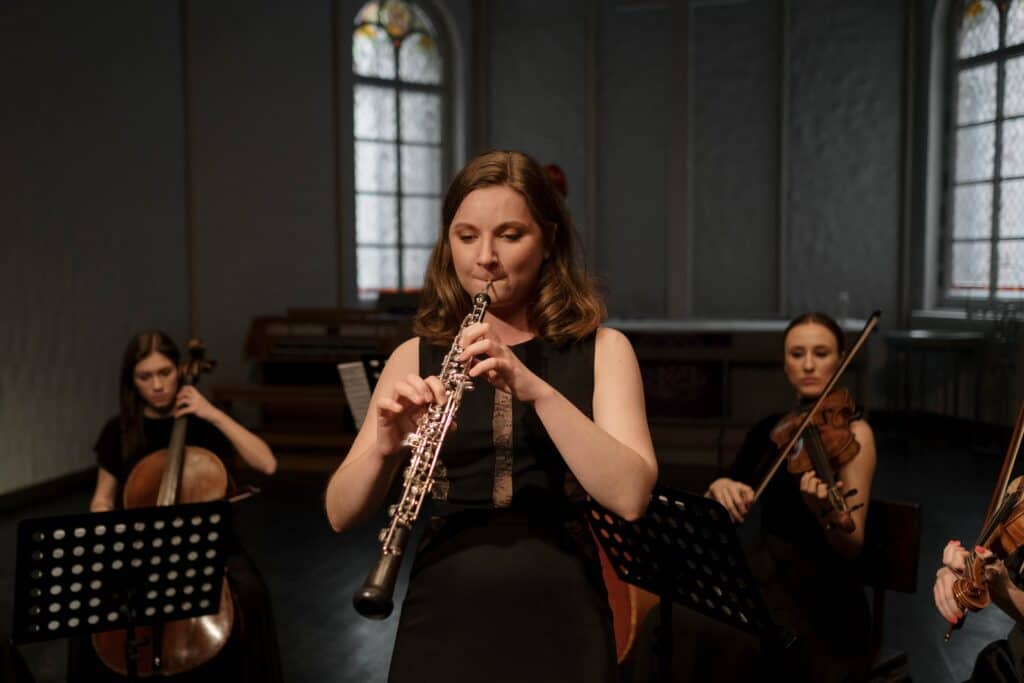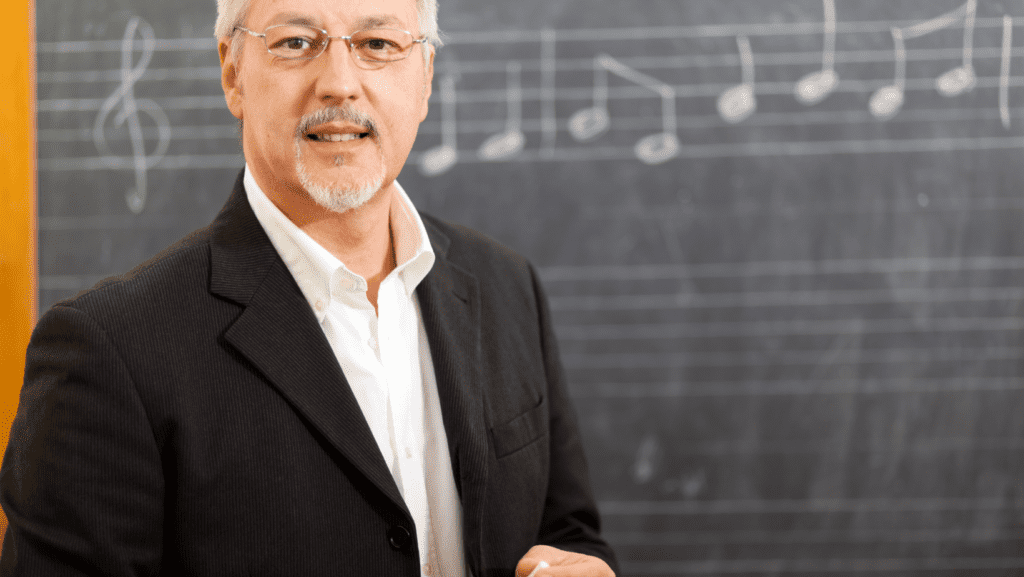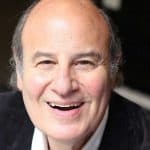by Steven Cohen
I am graduating from High School, and I play an instrument well…
I Think.
You play an instrument in High School, but you’re not sure how well you stack up against others who are potentially college bound. There are many people who might find themselves in an identical position. At this point, you need to ask yourself some of the following questions:
- How serious am I about playing my instrument?
- Do I want to continue a path to make a living at it.
- Do I enjoy doing it just for the fun of it.
- How do I proceed?

Asking yourself the tough questions:
The previous four questions are all very important questions to ask yourself. However, these are not necessarily the only questions to consider. A serious and realistic look within yourself to find out what kind of commitment you think you’re willing to make might help to determine your next steps.
There are so many options in pursuing a career in music or any career really. Your influences may be your parents, who are looking out for your best interests or want you to have a career where you make a lot of money or that you pursue something you love beyond description. In terms of making a living at something, I believe one must feel passionate about it and be prepared to make a serious commitment to it. However, as you practice your violin or flute or piano now it is usually very difficult to see where you can go with it if you continue.
Very often playing an instrument in high school is a fun social experience. You play in the band or orchestra and have fun with the friends you make there. Maybe you play in a local ensemble that elevates you a bit past where your own school is, maybe you think about going to or have gone to a summer music festival where you don’t have to worry about school and can just meet friends with similar interests during the summer. Everyone can have different circumstances. All these things will help to lead you to where you might go to college, and they can affect what choice you make about a college. And by the way, I include colleges, music conservatories and universities within that general category.
I have taught a great many students on clarinet and over the years I have seen many get:
1. Advanced degrees in music.
2. Play in symphony orchestras.
3. Play in military bands.
4. Teach in colleges and universities.
5. Play in community bands or orchestras.
6. Play chamber music.
7. Pursue other fields of interest to them discovered while they were in college.
8. Simply become people who love music and only go to concerts or listen at home.
All are possible and when you go to college you cannot really know which you’ll end up doing.
However, one thing is clear to me. Talent is only a small part of what shapes the choices you’ll make. The main difference between the sociable high school band or orchestra and the discipline, hard work and time needed to become truly proficient on one’s instrument to pursue any one of those careers really comes down to what kind of time and commitment you are willing to make.
I have had many students at Northwestern University and other schools at which I have taught who were hopeful but ultimately ambivalent. We have a 5-year dual degree program that became sort of the hallmark of what happens at a place like Northwestern, a university with a top-notch music school within it and in a major city. There are many other schools that fit into this category. But it still comes down to making decisions from you. There simply is no substitute for hard work and time.
Music Should Be Fun:
Having said all of this, music must be FUN.
Why else pursue something that is going to involve so much work?! That can get a bit cloudy at times and remembering a few things like the following can be helpful.
- There are only 24 hours in a day.
- You must have time to sleep.
- You must have time to eat.
- You must have time to relax and enjoy the experience and…
- You must practice and do your homework in other subjects.
It really is a lot to ask of one person, but it is hard to avoid these things. If you avoid any one of them, you WILL have problems.
What to Expect Moving Forward:
What can happen after college, the question your parents will be asking or at least thinking about as you go through, is always the elephant in the room. I’ve always tried to explain to students that when they doubt why they are doing this degree, they should remember a few things. I accepted them into the place. For whatever reason they needn’t feel out of place because of failed attempts to do this or that but to be patient.
Teachers see different things in different people and sometimes it’s not clear, but we don’t just accept or reject people into a program. Different teachers will have different philosophies about this, but I have always felt that it is better to give it your best shot from the beginning and then your answer will become clearer sooner. Enjoy yourself but work hard. Really simple, huh? Of course, it’s not simple but it is true, at least to me.

If you have a teacher who is honest with you, they will tell you what you can expect. Try to seek out such individuals if you can. It is the teacher’s job to encourage not discourage BUT to be honest. In my opinion that is the biggest element you are looking for in a teacher. Not where they teach (there are so many great teachers all over this country). Honesty is what you need. As you work through the elements of your playing you need this. You will get validation from your friends, from auditions, from other places- but when you place yourself in a competitive business you will find out what you need to know and then YOU must be honest.
- Do I want to make this commitment?
- Can I work this hard at something that may or may not pan out for me?
- Can I see how this might lead to something else I might enjoy equally in the music business or in another line of work?
Hope is good, honesty and hard work is better. If you pursue something like music in this manner you will find success. It might not be something you know about now, but you will come to see it as success. Not everyone can or even wants to play in the Chicago Symphony or the New York Philharmonic but there are so many other options for you it is hard to enumerate them all.
In Conclusion:
We hope this blog, and the advice presented here, can help our students navigate the next steps one must take after High School. Below is our contact form, please feel free to reach out with any questions or concerns. We look forward to working with you.
About the Author:
Steve Cohen is the retired professor of clarinet at Northwestern University. Since living in Chicago he has also performed many times with the Chicago Symphony, Chicago Lyric Opera, and as principal clarinet with the Music of the Baroque Orchestra. He is the former principal clarinetist with the New Orleans Symphony. Steve has toured in the U.S. as principal clarinet with the Texas Opera Theater and throughout Europe as principal clarinet with the Seoul Philharmonic Orchestra. He has performed solo recitals and master classes throughout the U.S., Europe and Korea, was guest artist with the Seoul Philharmonic Clarinet Festival, the Oklahoma Clarinet Symposium on several occasions and the Bay Chamber Concerts in Rockport, Maine.
His teachers include Loren Kitt, Larry McDonald, Karl Leister, and Robert Marcellus. He is a former faculty member at the Cincinnati College-Conservatory of Music and Louisiana State University. Steve is an artist/clinician for Buffet clarinets and is a Legere reed artist. He was a host of the ICA 2001 convention in New Orleans.
(Read more about Steven Cohen from his Bio at Northwestern University)
Contact Us
Did you find this blog helpful? Do you want to attend a music college or conservatory? If the answer to that is a “yes”, your next step is simple. Visit insidemusicschools.com and allow our team of industry insiders to guide you toward your goal of being a professional in the music industry. Through expert counseling and real-world experience, we will make sure you are prepared for the journey.
Founder & President at Inside Music Schools | Insidemusicschools.com
Head of admissions and faculty member at Berklee College of Music for 40 years, Steve Lipman and our team at Inside Music Schools speak music as their primary language. We approach each client contact with open eyes, ears, and minds. As the country’s premier music school consultant, he has advised students from the United States, Canada, the U.K., India, Singapore, Dubai, China, Australia, Turkey, Colombia, Argentina, Brazil, Japan, Israel, Italy, Russia and elsewhere.

